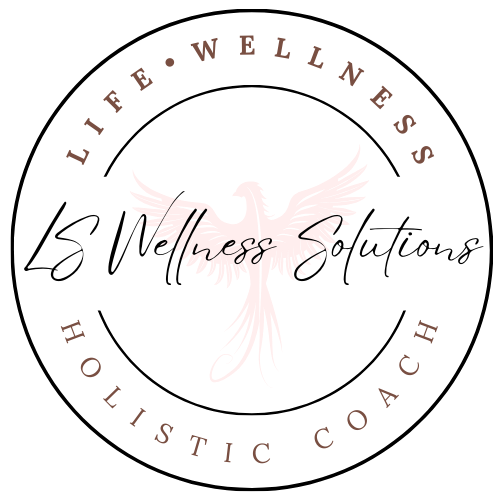Published April 22, 2005 by Lorianna Newman
I believe that health, health education and health promotion are very important. Although America is constantly following health crazes and fads, the media distorts information on health so that people cannot make accurate decisions for themselves. As a health educator, it is my duty to provide as many people with the information they need to lead healthier lifestyles. Many people do not even know what health is.
Health is more than just a normal blood pressure and desired weight. Health has so many complex dimensions. It is feeling good about oneself and being happy with one’s life. It is being in tune with all of one’s components and having harmony between them. The components that I speak of are mind, body, and soul. They all connect in special ways to bring one’s being into equilibrium and homeostasis. By taking care of each area, and focusing to harmonize them, health becomes a reachable goal. True health cannot be obtained by only focusing on one area. In order to understand what is important for these components, it is important to be educated.
Health education is learning, knowing, and understanding the different dimensions of health. It is the information necessary to understand how the body works, and the different ways to improve it. Diseases and illnesses are important to understand because people need to know what to do if they become ill. This information is provided through health education, as well as tips and guides for seeking health care and the benefits of receiving it. Health promoters have been educated with this information and it is our job to provide it for others.
Health promotion is the act of educating. It is teaching the public about disease and what to do about it. We want people to really understand what it is to be healthy, and not just listen to what the media says about everyone losing weight and how to do it, etc. We promote healthy lifestyles that are based on nutrition, exercise, relaxation, and happiness. Health promotion is also an opportunity for health educators to model the ideal healthy lifestyle that we teach people. The importance of practicing what you preach is so extreme when it comes to getting the message out.
America is generally uninformed about health. My goal as a health educator is to change that. Many people believe that being healthy means not having to go to the doctor, when in fact, it is keeping updated with one’s doctor, making decisions that will not put one’s health at risk, and keeping harmony between one’s mind, body, and soul. It is vital that the public be educated about diseases and illnesses that they are at risk of. It is my job as a health educator to insure that this is accomplished.
Health education has long been a part of academic curriculum in schools, often combined with physical education. Health education and physical education are related, but they are not the same thing. True health education emphasizes healthy lifestyles, eating right, and preventing disease. Physical education focuses more on training the body and keeping the body systems functioning correctly. While health ed is a part of the curriculum, the general information is superficial and redundant. With the field of health promotion growing at such a fast pace, health education will become more defined in the academic studies. Schools will begin to spend more time on health education and will hopefully improve the general public’s knowledge about what it means to truly be healthy.
Health education is not only taught in schools but in programs for the general public as well. With further developments of cures as well as discovering new diseases, health education will continue to grow with new findings. As long as doctors and scientists continue to find new treatments and new diseases, health educators will have more to teach their audiences. Also with the growing fads for healthy weights and lifestyles, health education will become a major necessity for the public as people yearn for information on how to be thin and healthy. As much as I despise “weight loss fads,” they do give health educators the opportunity to interact with the consumer and offer new information that will help them. These fads are the future health trends. They are already present today and I expect them to only become larger. Health promotion is what will correct false information and drive people in the right direction for healthier lifestyles. These trends are all over the television and in magazines. It is the perfect opportunity for health educators to come forward with fresh information that will answer questions to what people really want to know.
The information offered to correct false advertisements will greatly improve the public’s quality of life. With the average American being at least 25lbs over weight, it is no surprise that this is a major concern in Americans’ quality of life. People do not want to be obese. Being obese causes morale and mobility to decline, and depression to increase. Health promotion can help with psychological effects of obesity, as well as offer solutions to the debilitating disease. I focus on the topics of weight and mental health because it they are the trends of the future that cause the most concern in my eyes. Obesity causes so many other complications and if we could get the American weight down, I believe that life expectancy would rise and other diseases would be reduced, if not eliminated.
Health education and health promotion will help the public utilize information that they are yearning to find out. I believe that most people want to be happy and healthy, and that it is up to us as educators to provide people with the resources to help them be where they truly want to be.


